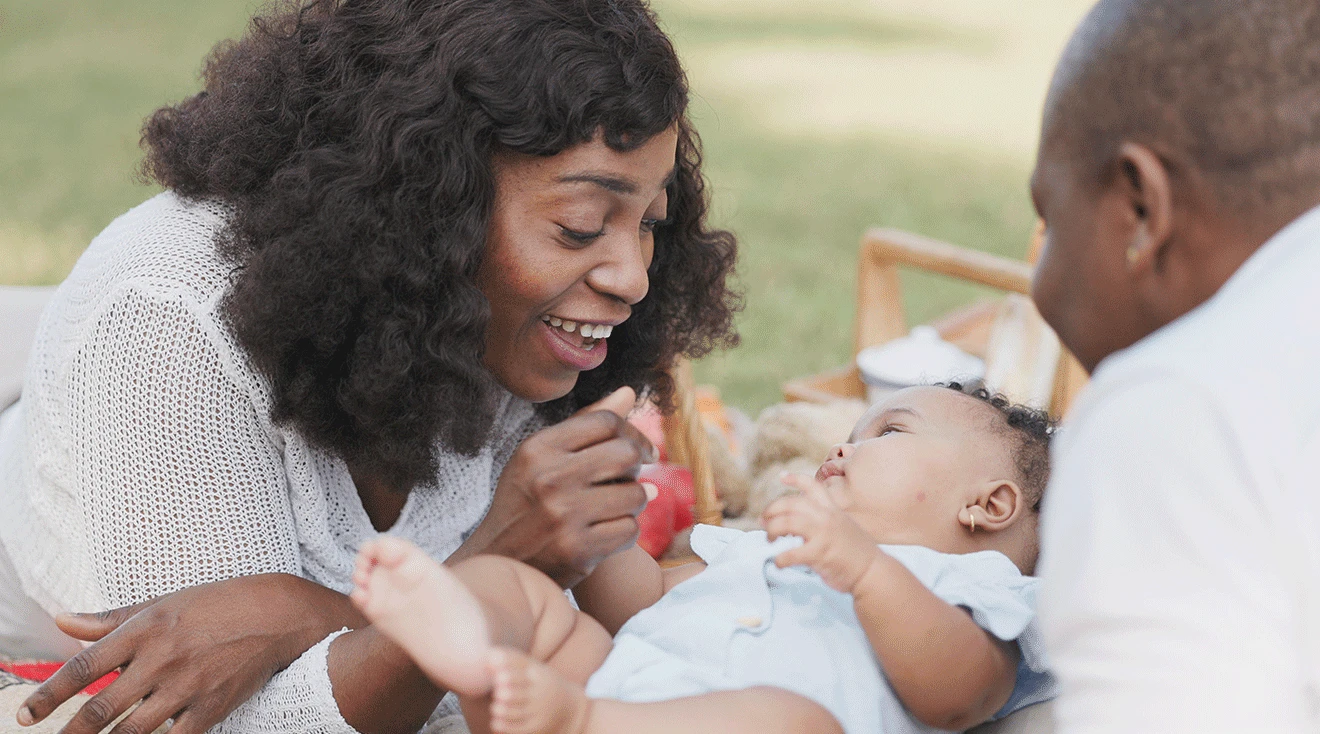Nan Nouvèl la
Nan Bluebird Kids Health, nou kwè ke konsèy medikal fè konfyans yo ta dwe aksesib-pa jis nan sal egzamen an, men tout kote fanmi yo ap chèche repons. Se poutèt sa pedyatris nou yo souvan rele sou yo pataje ekspètiz yo nan medya yo. Si w ap deja yon pati nan kominote nou an oswa tou senpleman chèche konsèy, sa a se yon kote ou pral jwenn repons a kesyon reyèl, te apiye pa eksperyans ak swen.

Istwa ki tap

Mèsi! Soumisyon ou te resevwa!
Oops! Yon bagay te ale mal pandan y ap soumèt fòm lan.
























